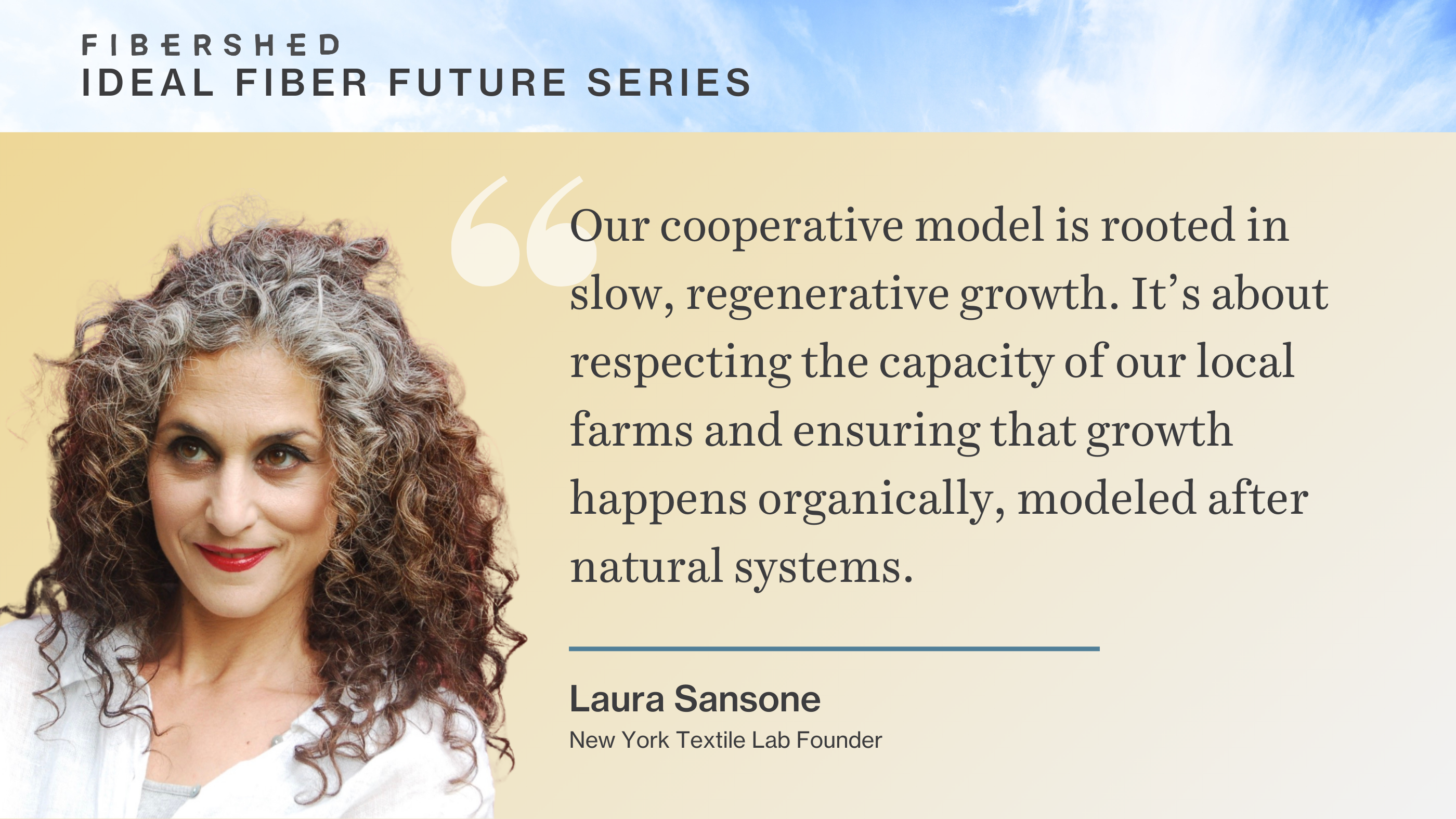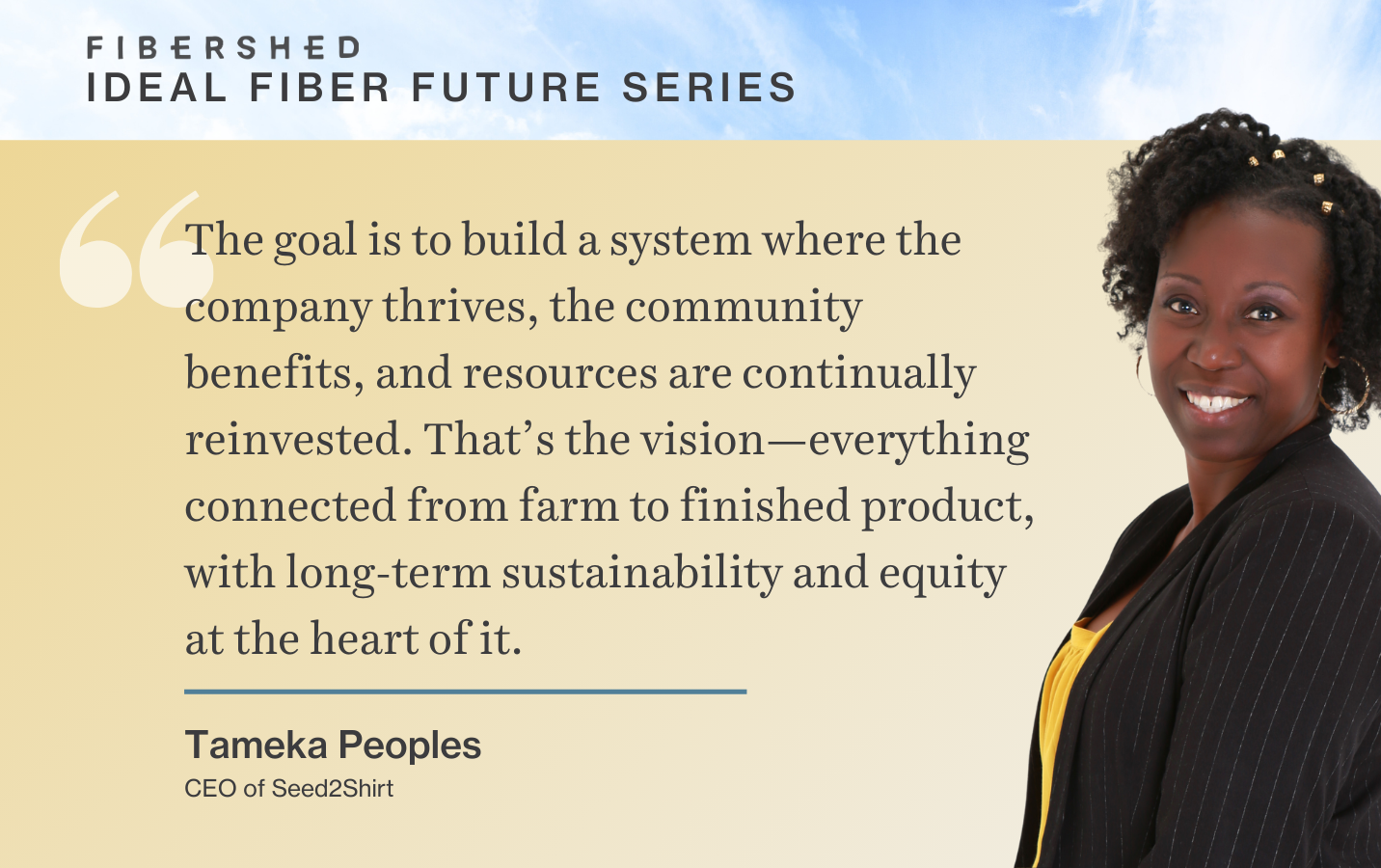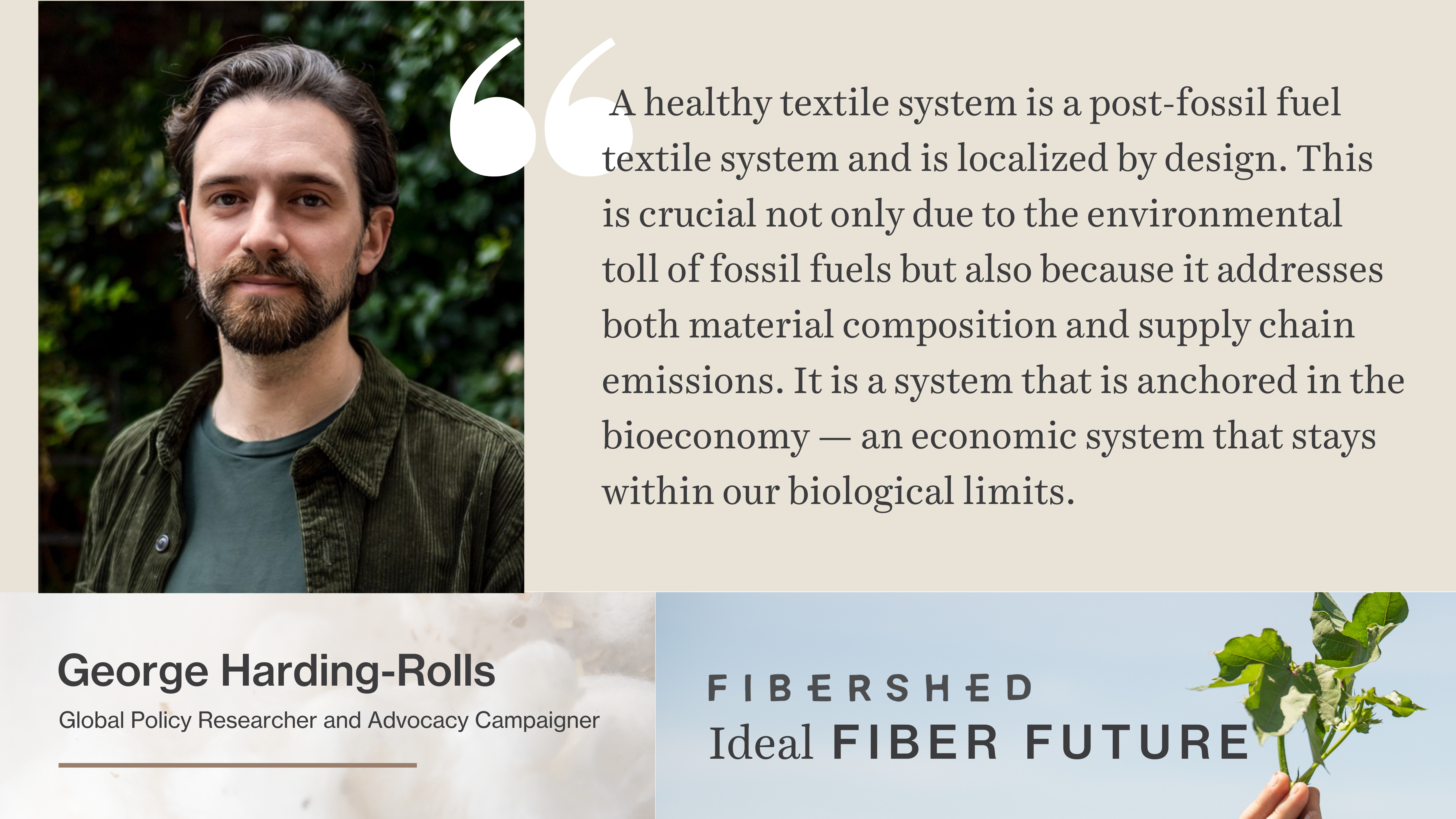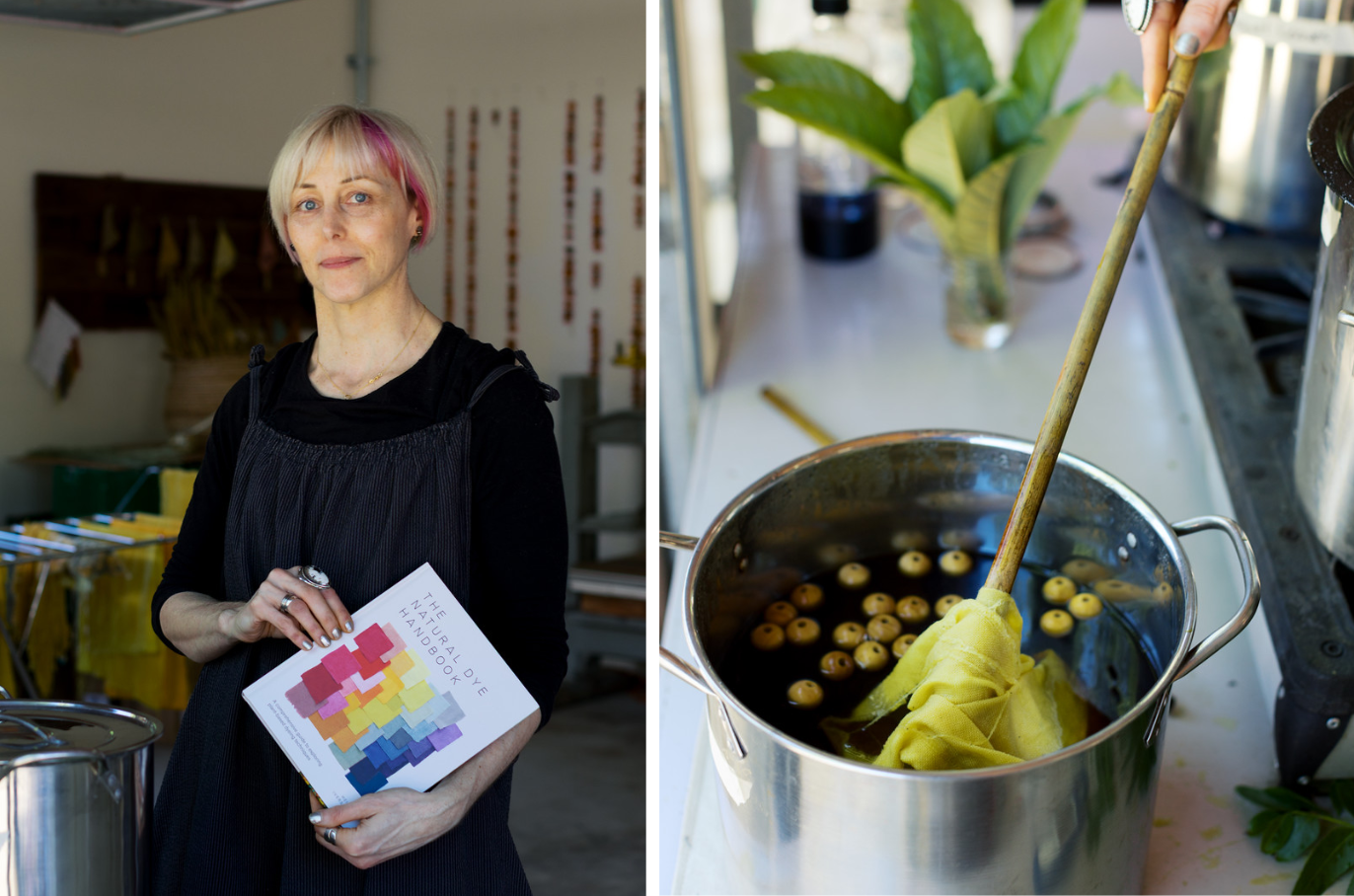Written by Stephany Wilkes. Photography by Paige Green. Available now I recently sat down for a conversation with brilliant natural dyer, artist, creator – and now author – Heidi Iverson […]
Read MoreCategory: Interviews

Rewriting the Rules: Rethinking Fashion Education for a Sustainable Future
In this conversation, Emily Oertling shares her journey into academia, the challenges of reshaping fashion education, and the importance of bridging industry expectations with ethical and regenerative practices.
Read More
Connecting Farms, Designers, and Markets: A Model for a Sustainable Textile Future
How farmers, designers, and small brands are reshaping the textile industry through regional collaboration, ethical sourcing, and regenerative practices—proving that a sustainable future for fashion is already in motion.
Read More
From Fleece to Fabric: Allison Reilly’s Personal Journey with Local Fiber
Designer and shepherd Allison Reilly transforms raw wool into woven fabric, blending artistry with holistic design. From tending sheep to crafting textiles, her work honors the land and the slow, intentional process behind every thread.
Read More
Designing for Connection: How New York Textile Lab is Reimagining the Fiber System
Laura Sansone, founder of New York Textile Lab, is redefining the textile industry by fostering regenerative, bioregional fiber systems that connect farmers, designers, and ecosystems through transparency and care.
Read More
Carhartt’s ‘Thank a Farmer’ T-Shirt: A Step Toward Farm-Forward Sourcing and Sustainability
Carhartt’s limited-edition “Thank a Farmer” T-shirt goes beyond fashion, connecting climate-friendly cotton farming with durable workwear to pave the way for a more sustainable future.
Read More
Rebuilding Equity: Tameka Peoples and Seed2Shirt Lead a Regenerative Future for Black Farmers in Fashion
Tameka Peoples, CEO of Seed2Shirt, is revolutionizing the apparel industry with sustainable practices and equitable opportunities for Black farmers in the U.S. and Africa.
Read More
Producer Profile: Bodega Pastures
Charity May discusses how wisely targeted investing combined with “patient capital” can lead us toward her ideal fiber future.
Read More
Investing in a Regenerative Fiber Future: A Conversation with Sacred Futures’ Charity May
Charity May discusses how wisely targeted investing combined with “patient capital” can lead us toward her ideal fiber future.
Read More
Post-Fossil Fuel Fashion: Q&A with George Harding-Rolls, Global Policy Researcher and Advocacy Campaigner
In this interview, George Harding-Rolls shares how consumers and brands can work together to build a fashion system that aligns with our ecological realities and benefits everyone involved.
Read More
